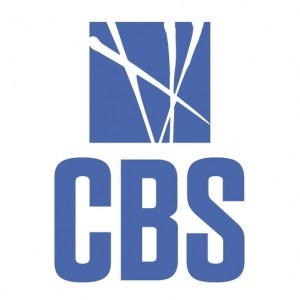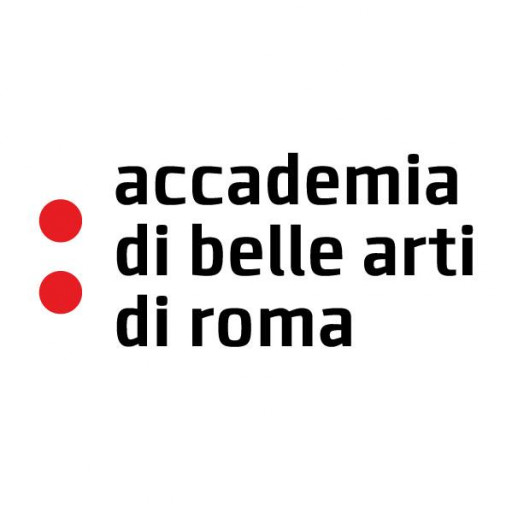Photos of university
The MSc in Multicultural Communication in Organisations at Copenhagen Business School is a dynamic and comprehensive Master’s programme designed to equip students with the essential skills and knowledge to navigate and manage communication in diverse organizational settings. This programme focuses on understanding the complexities of intercultural communication, organizational behavior, and global business practices, preparing graduates to become effective leaders and practitioners in multicultural environments. Throughout the programme, students explore theories and frameworks related to intercultural competence, communication strategies, and organizational dynamics, gaining practical insights into how cultural differences impact workplace interactions, leadership, and decision-making processes. The curriculum integrates a mix of lectures, case studies, group projects, and internships, fostering a hands-on learning experience that emphasizes real-world applications. Students will have the opportunity to analyze communication challenges faced by multinational companies, non-governmental organizations, and governmental bodies operating across borders. The programme also emphasizes the importance of ethical and responsible communication, digital communication tools, and the influence of societal and cultural norms on organizational practices. By engaging with a diverse cohort of classmates from around the world, students enhance their intercultural sensitivity, adaptability, and collaborative skills. Upon graduation, students are well-prepared for careers in international management, consultancy, communication strategy, HR, and intercultural training. They will have the expertise necessary to facilitate effective communication across cultures, foster inclusive organizational cultures, and contribute to the success of global enterprises. The MSc in Multicultural Communication in Organisations at CBS is ideal for individuals interested in understanding the interplay between culture, communication, and organizational effectiveness in an increasingly interconnected world.
Program Description:
The Master of Multicultural Communication in Organizations at Copenhagen Business School offers comprehensive training in understanding and managing intercultural communication within organizational settings. The program is designed to equip students with the theoretical knowledge and practical skills needed to navigate the complexities of multicultural workplaces in an increasingly globalized world. Through a blend of advanced coursework, case studies, and real-world projects, students explore key issues such as cultural diversity management, intercultural competence development, organizational communication strategies, and global business practices. The curriculum emphasizes the importance of cultural awareness, adaptability, and effective communication across different cultural contexts, preparing graduates to become strategic leaders and consultants in multinational companies, NGOs, and international institutions. The program also includes opportunities for internships, research, and collaboration with industry partners to ensure students gain relevant hands-on experience. Graduates will be capable of analyzing cultural differences within organizations, developing inclusive communication policies, and fostering collaborative environments that leverage cultural diversity for innovation and success. The Master of Multicultural Communication in Organizations prepares students for diverse career paths, including organizational development, human resource management, international consultancy, and intercultural training. The program’s interdisciplinary approach integrates insights from communication studies, anthropology, sociology, and management, ensuring that students develop a holistic understanding of the cultural dynamics that influence organizational behavior. With access to Copenhagen Business School’s extensive network and resources, students are well-positioned to pursue impactful careers in international business and intercultural relations. Upon completion, graduates will possess the tools necessary to lead and communicate effectively in diverse organizational settings, ultimately contributing to more inclusive and culturally aware workplaces worldwide.
Program requirements for the Master of Science in Multicultural Communication in Organizations at Copenhagen Business School typically include a completed bachelor's degree or equivalent with relevant coursework or experience in communication, intercultural studies, or related fields. Applicants must demonstrate proficiency in English, usually through standardized tests such as IELTS or TOEFL, meeting specific score thresholds as outlined by the university. A statement of motivation explaining the applicant's interest in the program and career goals is often required, along with a CV or résumé highlighting relevant academic and professional experience. Some programs may ask for letters of recommendation from academic or professional referees who can attest to the applicant’s suitability for advanced study in intercultural communication. Additionally, applicants might need to submit transcripts of previous academic work, showing they have completed foundational courses in communication, social sciences, or related subjects.
The admissions process may include an interview or assessment, especially for candidates with non-standard backgrounds or those who require additional evaluation of their motivation and skills. Priority may be given to applicants with prior work experience in international organizations, multicultural environments, or related fields, although this is not always a strict requirement. Once admitted, students are expected to actively participate in coursework, seminars, and group projects that are designed to develop intercultural competence, communication strategies, and organizational understanding within diverse cultural contexts. For international students, additional documentation such as valid passports and visa applications may be necessary for enrollment and residence permits.
The duration of the program typically spans two years, with the curriculum covering topics including intercultural communication theory, organizational culture, leadership in multicultural settings, conflict management, and research methods in organizational communication. Participation in mandatory workshops, internships, or exchange programs might also be part of the program requirements to enhance practical skills and international exposure. Graduates are generally expected to be prepared for careers in international companies, NGOs, governmental agencies, or consultancy firms that operate across diverse cultural environments. Overall, applicants should ensure they meet all academic and language criteria outlined by Copenhagen Business School and prepare their application documents meticulously to enhance their chances of admission.
The financing of the Multicultural Communication in Organizations program at Copenhagen Business School is structured to accommodate a diverse student body, including both Danish and international students. Tuition fees for international students are set by CBS and typically vary depending on the student's nationality and residence status. For non-EU/EEA students, the tuition fee is approximately DKK 120,000 to DKK 150,000 per year, covering instruction, academic facilities, and access to resources. European Union (EU) and EEA students usually benefit from exemption from tuition fees under Danish regulations, although some shared costs or administrative fees may apply.
Students are encouraged to explore various funding options to finance their studies. Scholarships may be available from CBS for outstanding applicants or based on specific criteria, such as country of origin or academic achievement. These scholarships can provide partial or full tuition fee waivers and are highly competitive. Students should also consider external funding sources such as national study grants, loans, and scholarships provided by their home governments, which often support students studying abroad in Denmark.
In addition to government-funded loans and grants, many students finance their education through personal savings or family support. Loan programs from banks or financial institutions may be accessible, with terms negotiated based on the student’s circumstances and creditworthiness. Some students also seek part-time employment opportunities within Copenhagen, although student visa regulations may impose restrictions on work hours.
The university also offers information and guidance on financial planning, including budgeting resources and workshops to help students manage their finances throughout their studies. The costs associated with living in Copenhagen, such as accommodation, food, transportation, and insurance, are significant considerations for students planning their finances. Overall, the funding structure of the program aims to ensure access to a diverse range of students, supported through a combination of institutional scholarships, government aid, personal resources, and external funding sources, facilitating full participation in the academic and cultural experience at CBS.
Accreditation
Since 2000 CBS has been accredited by EQUIS, and since 2007 also by AMBA. August 1st 2011 CBS received accreditation by AACSB (Association to Advance Collegiate Schools of Business) as the first school in Scandinavia. CBS has thus acquired 'The Triple Crown', an acknowledgement only shared by around 50 business schools worldwide. These schools all belong the the absolute top business schools and include schools such as INSEAD, London Business School, IMD, and Rotterdam School of Management.







